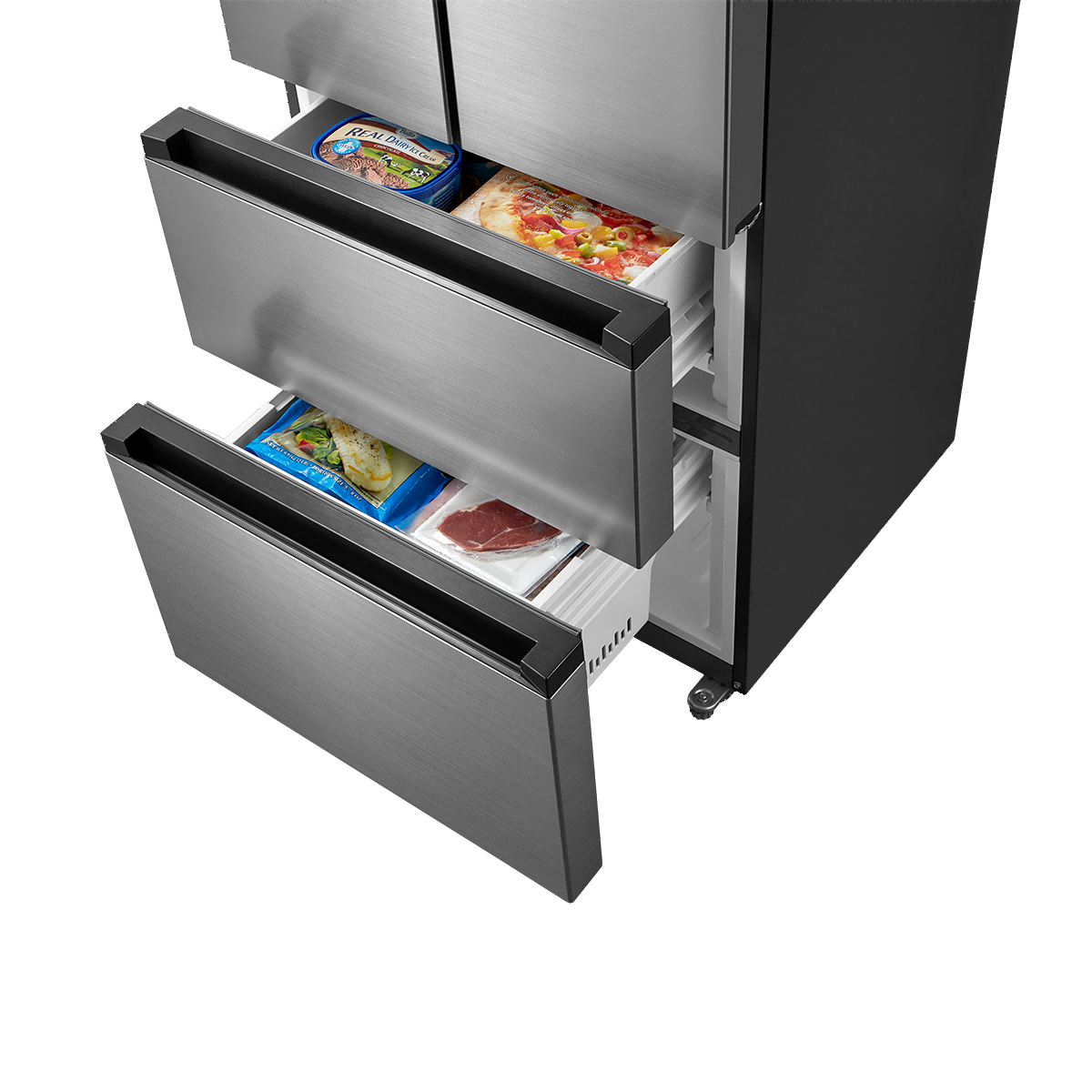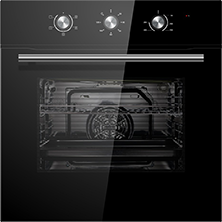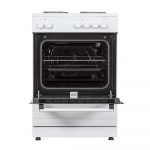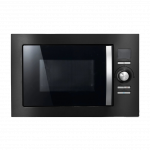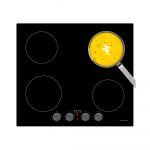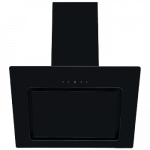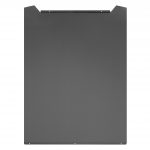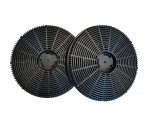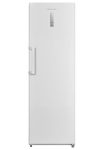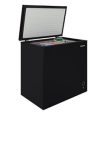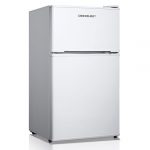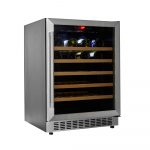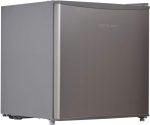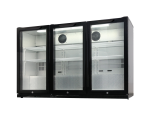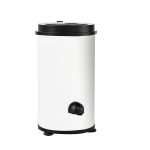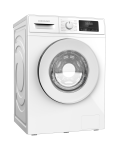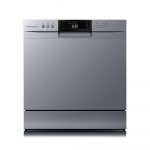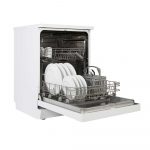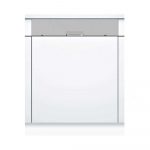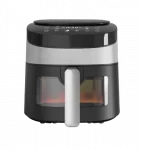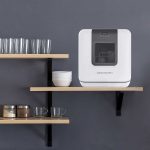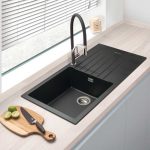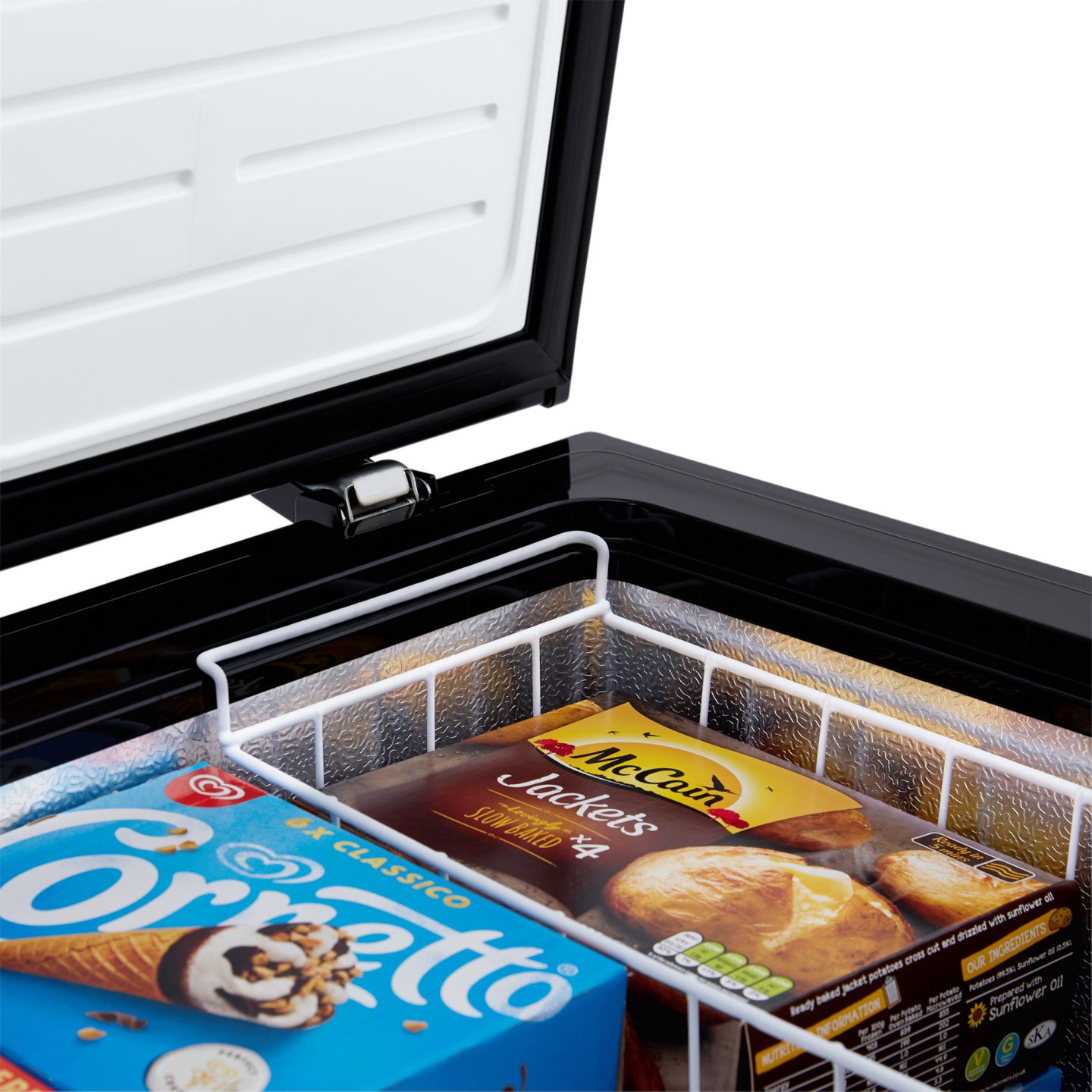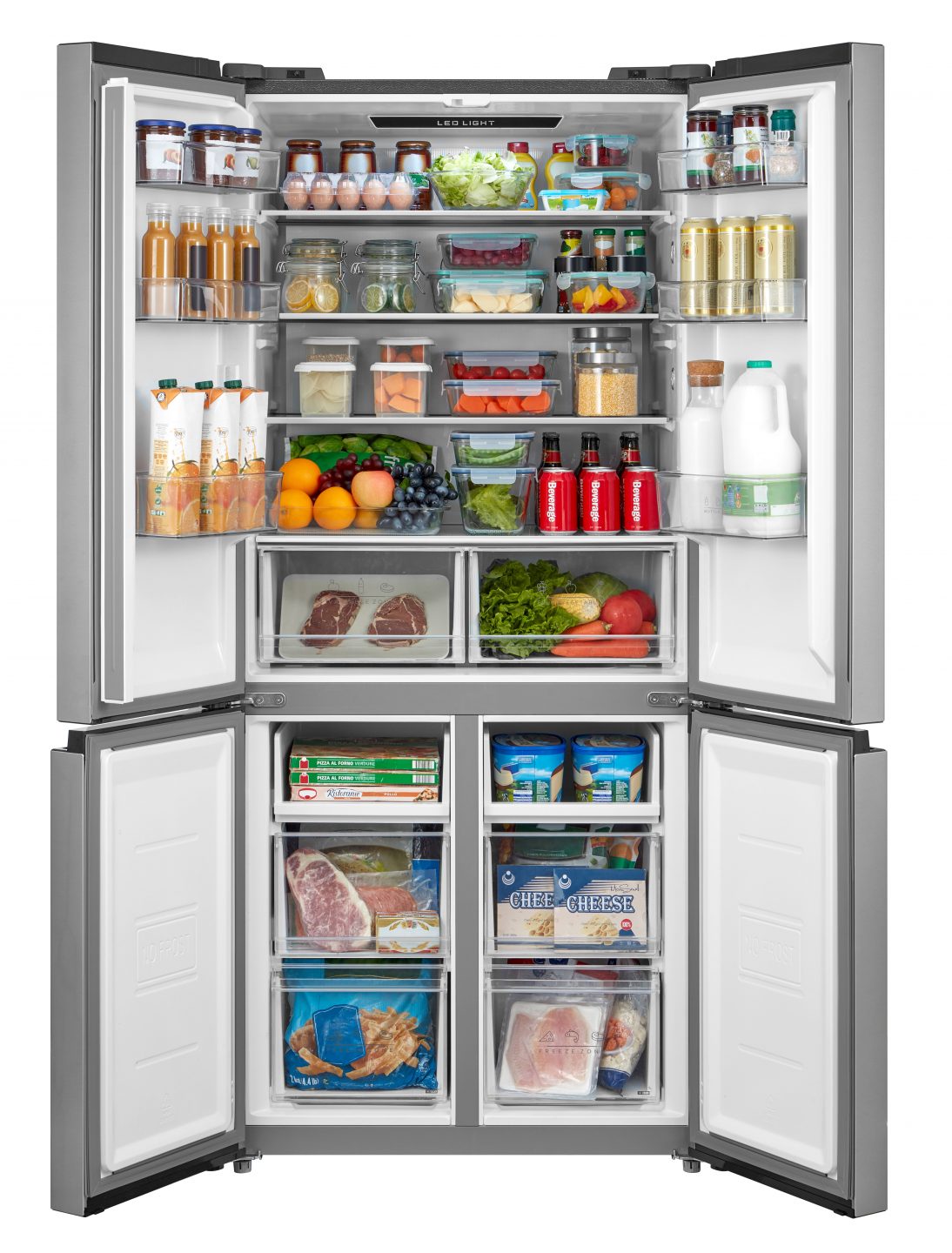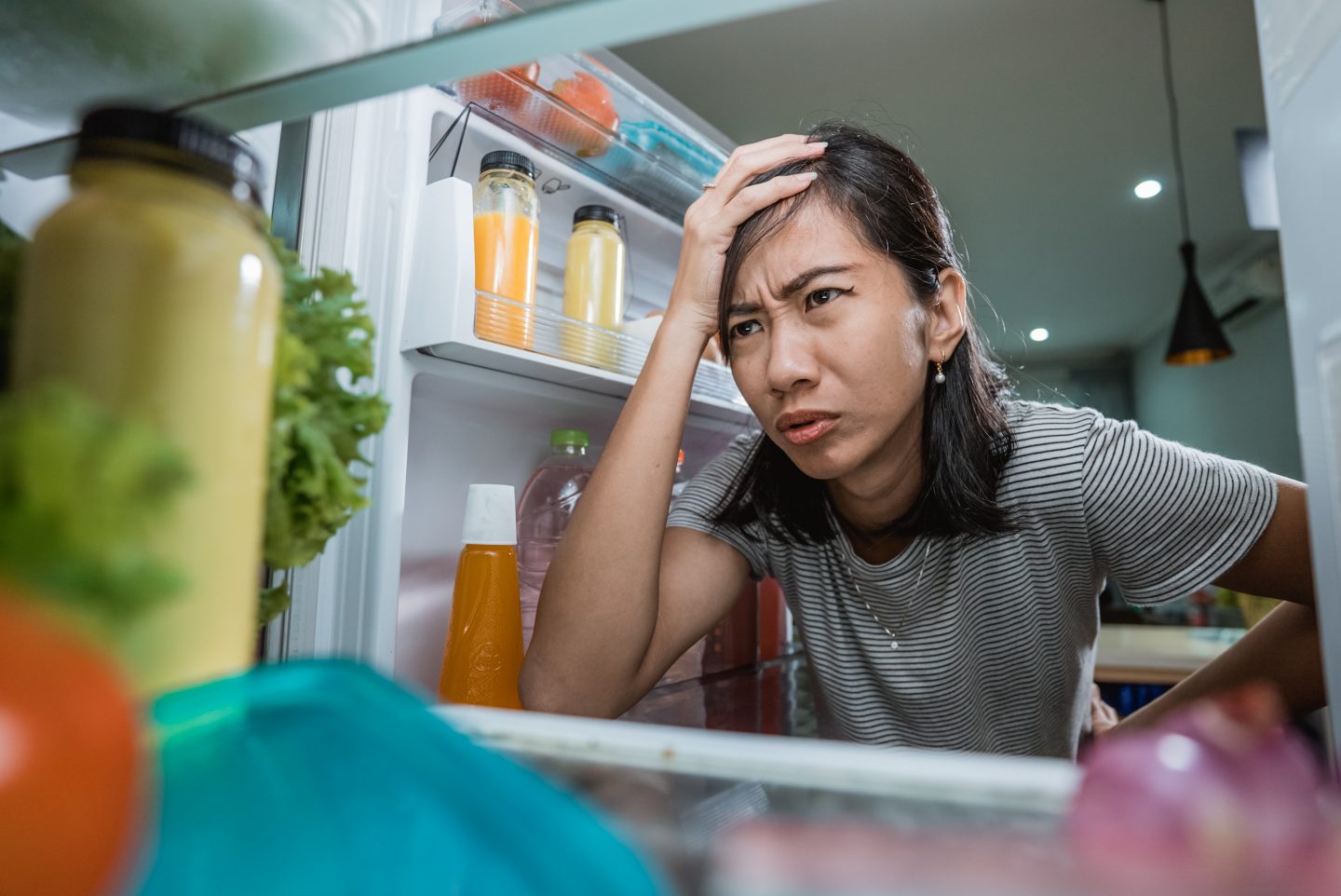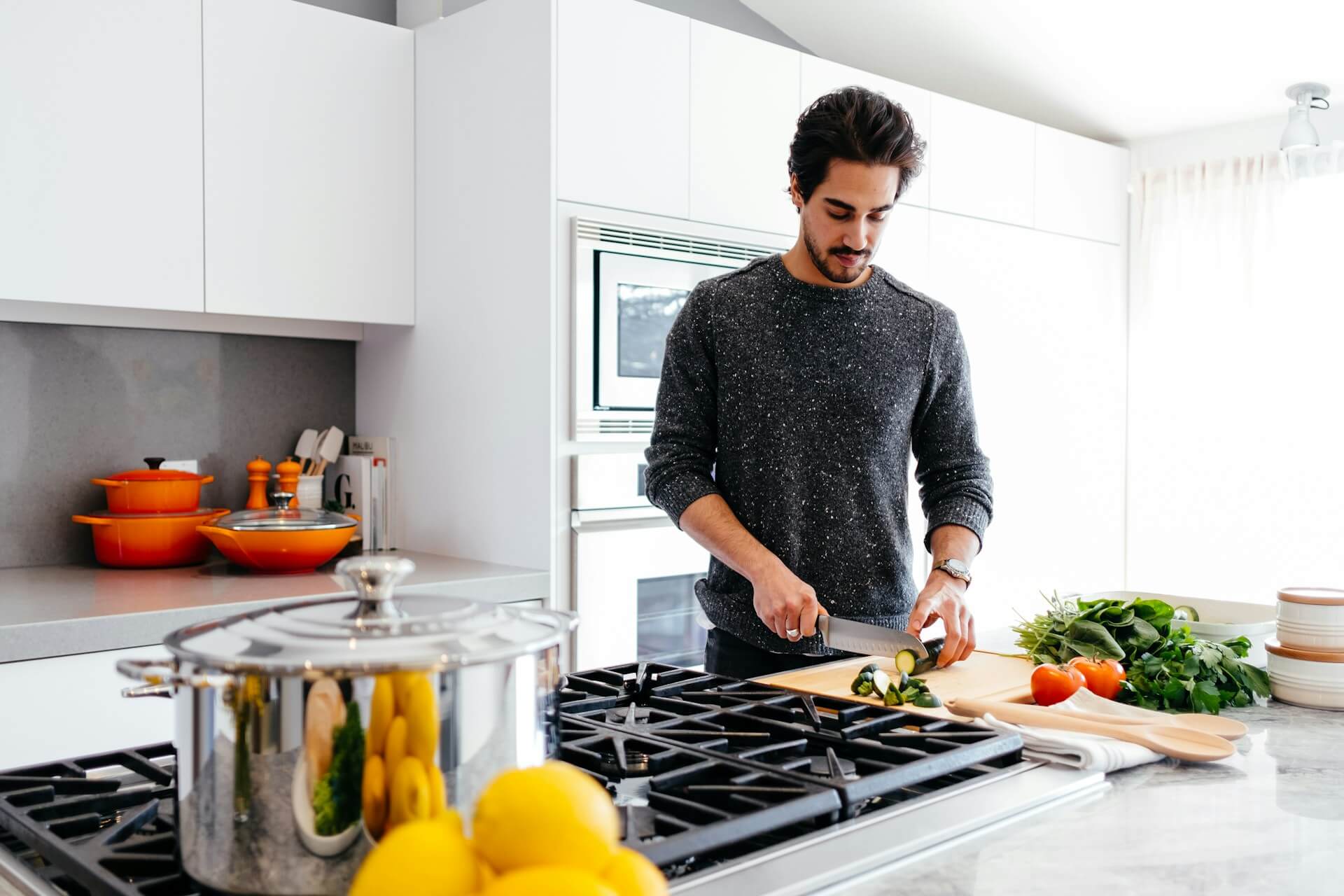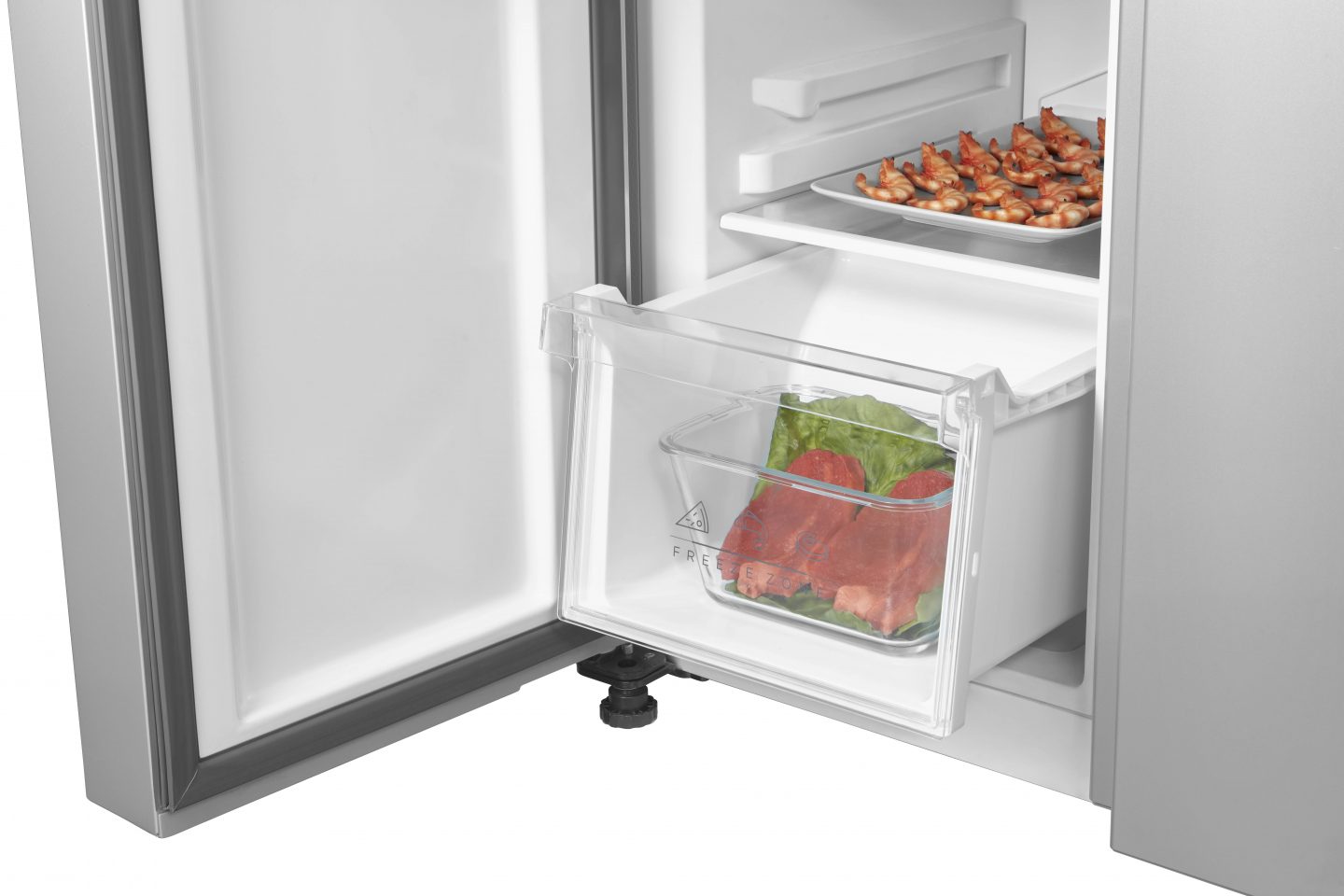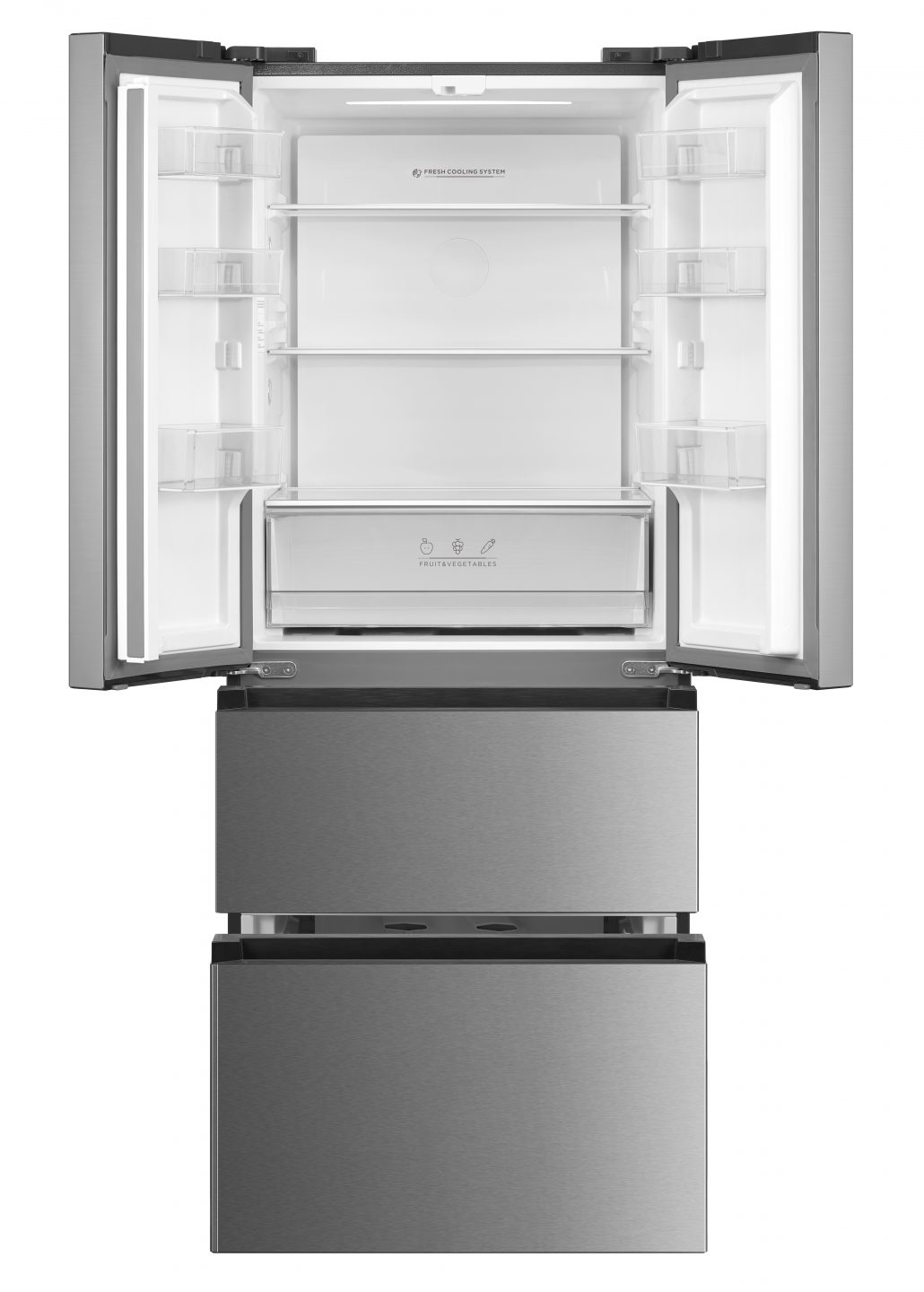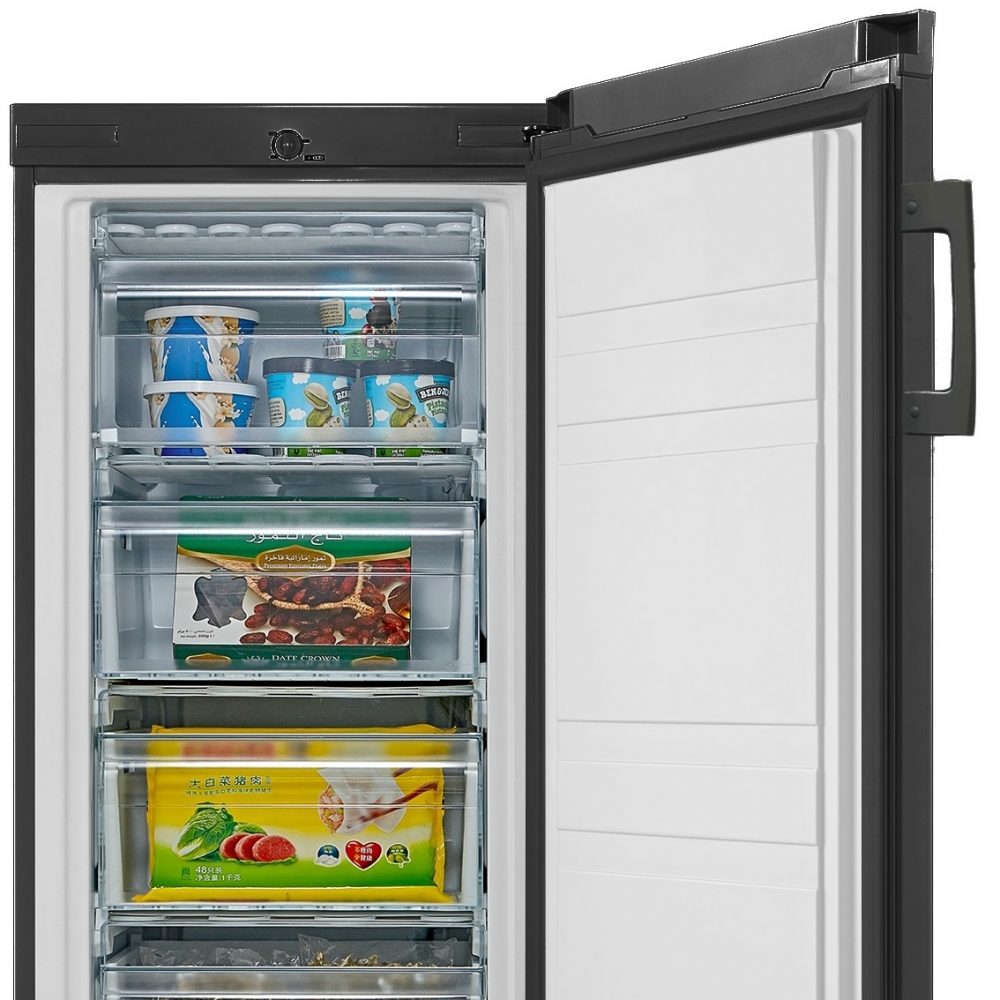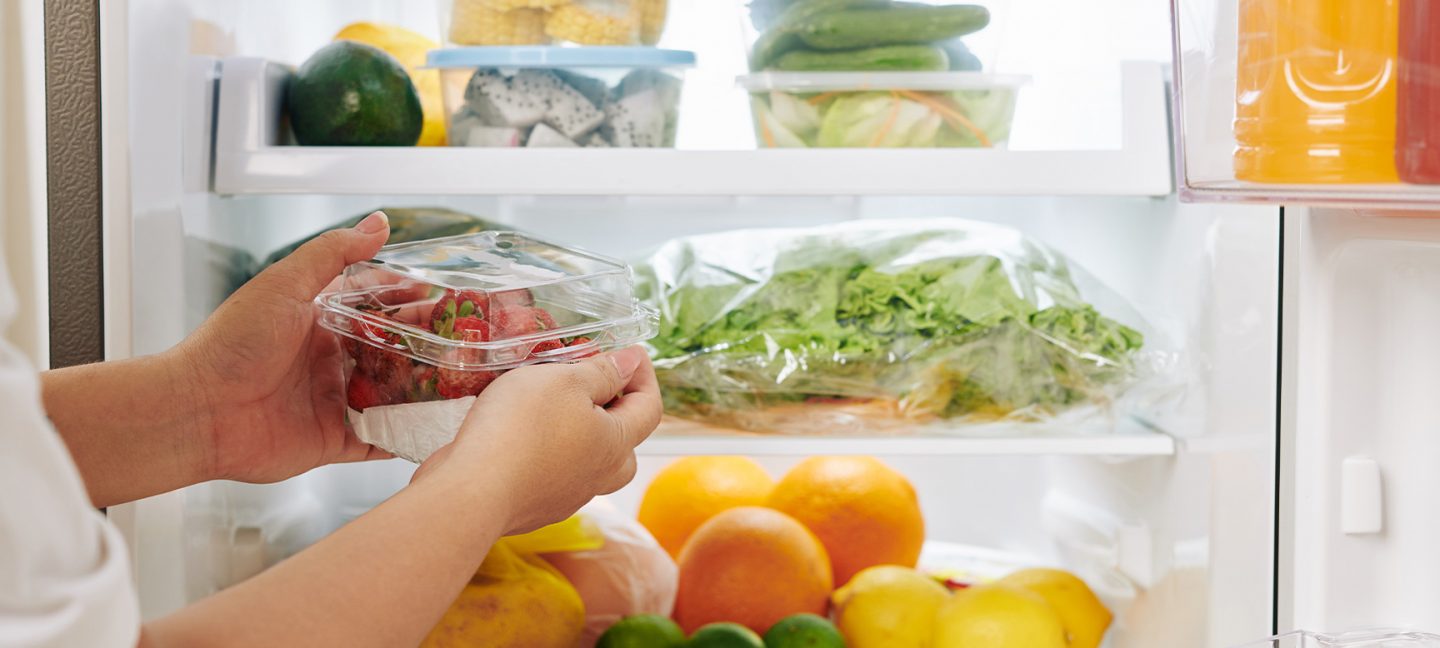What kitchen is complete without a freezer? We all have them, but do you know how to use yours correctly and freeze food the right way? To help you get the most out of your freezer and keep food waste to a minimum, we’ve put together a guide packed with handy tips and tricks.
Below, we’ll not only cover the benefits of freezing food, but explain which foods you can (and can’t) freeze, how to freeze them correctly and what to keep in mind when freezing and defrosting food.
How does freezing food reduce food waste?
According to the NRDC (the Natural Resources Defense Council), a whopping 40% of all food produced in the US goes to waste. That’s an alarming statistic, isn’t it? To make matters worse, the organisation says that the majority of this waste comes not from the supply chain, but from us – consumers.
It’s a similar story in many other countries, with millions of tonnes worth of food being thrown away each year. Although food waste will never go away entirely, freezing food is a great way to keep it to a minimum.
Whether you buy frozen food or freeze your leftovers, making use of your freezer can help you reduce the amount of food you throw away. Here’s how to freeze your food the right way.
Which foods can you freeze?
Meat and fish
Most meat and fish can be stored safely in the freezer, often for months at a time. Cured meats tend to expire soonest (after 1-2 months), but the likes of uncooked chicken and steaks can last for up to 12 months, provided your freezer is set at the correct temperature (-18°C).
You can store cooked meat in your freezer too, although it usually doesn’t keep for quite as long. According to Safe Food, cooked chicken and turkey is safe to keep frozen for up to 4 months.
Fruits and vegetables
Fruits and vegetables don’t have a particularly long shelf life. When they’re stored in the fridge, they might only last a week before they’re past their best, but freezing can keep them fresh for much, much longer. It’s safe to freeze most fruit for 6 months and most vegetables for up to a year, which is handy to know if you often find yourself throwing leftover produce away.
Not all vegetables are suitable for freezing, however. Those with a high water content (like cucumbers and lettuce) lose their crisp, satisfying texture when they’re placed in the freezer.
Dairy products
Some dairy products can be stored in the freezer too, although not for as long as meat, fish and veg. For instance, it’s safe to freeze milk for up to a month, butter for up to 3 months and cheese for up to 4.
However, yoghurts and many other milk-based products (like sauces) will often separate or become watered-down after a spell in the freezer, so it’s best to check the label beforehand. If it says the product is unsuitable for home freezing, you’ll have your answer.
Bread, pastry and baked goods
How often have you found yourself throwing leftover bread in the bin? What about baked goods like cakes or pies? All of these items can be frozen safely, provided they don’t have any icing on them.
Bread is typically safe to freeze for up to 3 months, cakes and other baked goods for up to 8 months and raw pastry for 6 months.
Pre-prepared meals
Got some leftover portions of chilli con carne, lasagne or even some surplus soup? If you’re worried it’ll go out of date before you can eat it, pop it in the freezer. Most pre-prepared meals can be safely stored in the freezer for up to 4 months, while soups and stews tend to expire after 3 months.
What is the best method of freezing food?
Allow food to cool
If you’ve just cooked your food, allow it to cool first before placing it in the freezer. If you place it inside while it’s still hot, you’ll raise the freezer’s internal temperature, potentially leading to surrounding items defrosting.
Place it in a suitable container
Once your food has cooled, divide it into suitably-sized portions and place it in an appropriate container. Any container you use should be sealed to prevent freezer burn; both glass and plastic containers are fine to use.
Label each container
To keep the risk of food waste to a minimum, label each container so you can see at a glance what’s inside.
Tips to keep in mind when freezing food
- Freeze food when it’s fresh: If you’re anticipating freezing food – whether it be leftover meat or an entire meal – always place it in the freezer as early as possible. The fresher the food is when it goes into the freezer, the better it’ll taste when it comes out. Never freeze food that has already passed its use-by date.
- Freezing food doesn’t kill bacteria: Because of this, you should always smell your defrosted food before you cook it. If it doesn’t smell fresh or looks past its best, don’t risk it.
- Keep your freezer full if possible: A fuller freezer runs more efficiently. So, if you’re able to keep your freezer fully stocked, do it – you might notice a slight drop in your energy bills!
- Set your freezer’s temperature correctly: To keep food fresh for longer, your freezer should operate at a temperature no higher than -18°C.
Check out our range of freezers today
In need of a brand-new freezer? We’ve got you covered. With dozens of options to choose from in a wide range of styles, sizes and finishes, it’s easy to find your perfect freezer here at Cookology. Explore the full range online today.
